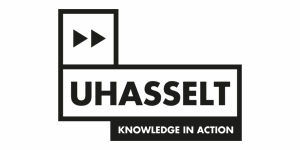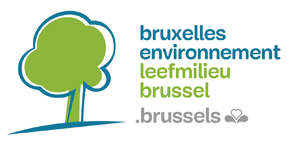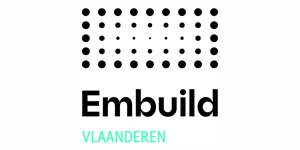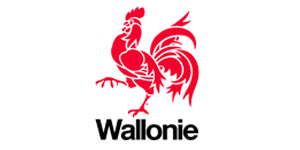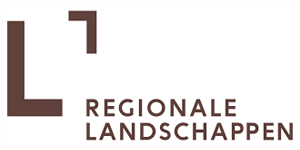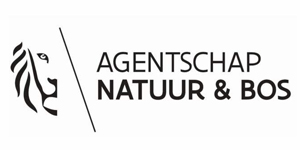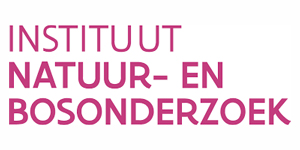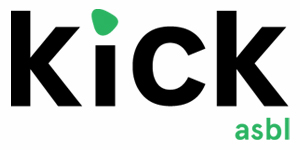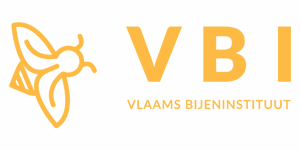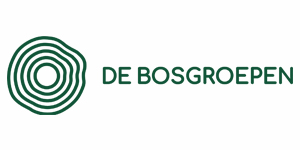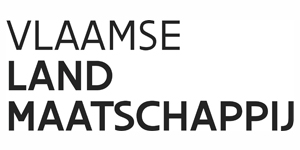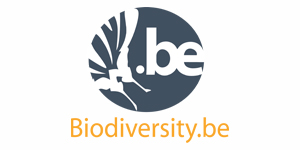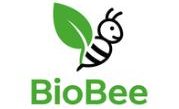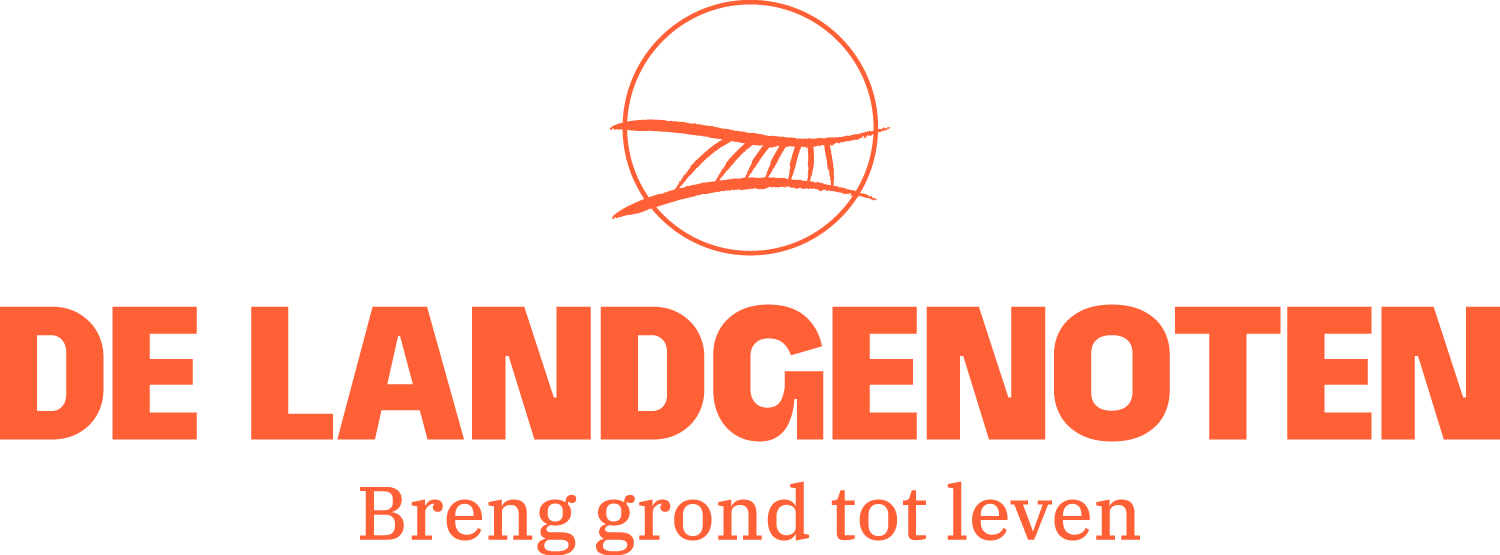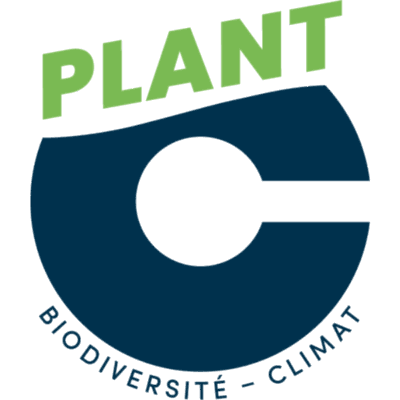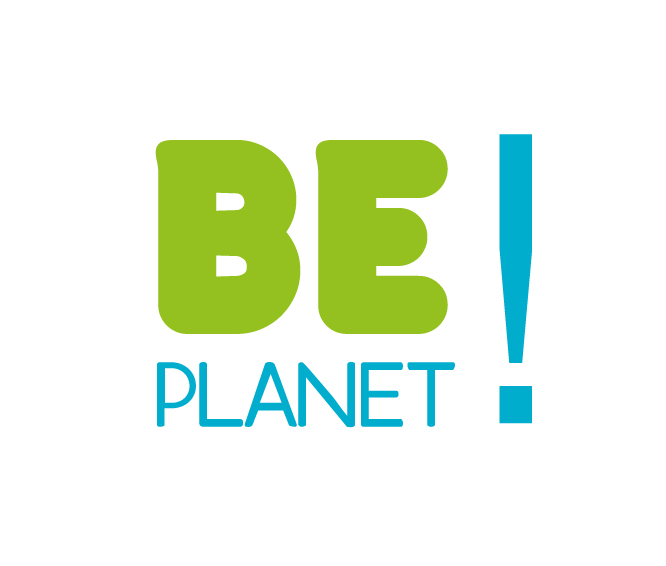Belgian Biodiversity Alliance
2 Axes – 10 Objectives
Acting on key issues regarding biodiversity in Belgium
The platform is structured around a set of ten objectives that reflect the key issues on biodiversity in Belgium.
For each of these two areas, five quantified objectives have been developed. They provide an ambitious but realistic framework, based on existing objectives at national and European levels.
For each of the objectives, criteria are provided to validate and monitor the commitments.
AXE 1
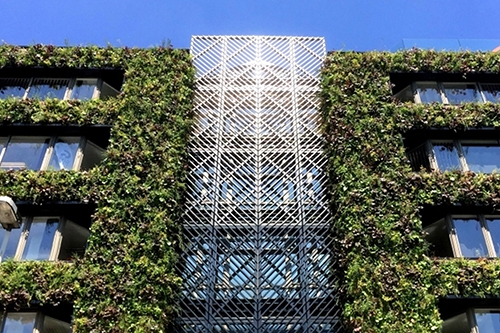
Expanding the green-blue network in, around and between cities to increase biodiversity
AXE 2
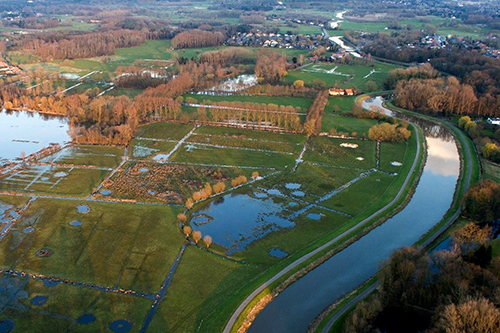
Making Belgian production and consumption net-positive for biodiversity
AXE 1: Expanding the green-blue network in, around and between cities
Belgium is a highly urbanized country and this high degree of urbanization results in fragmentation of green and blue open spaces in, within and across urban and peri-urban areas. This affects the surrounding environment: animal species who cannot access a feeding or nesting site, migratory routes being cut, surface of natural habitats being reduced, etc.
But it also has major socio-economic consequences such as:
- loss of efficiency in the provision of basic services (e.g. CO2 absorption);
- high dependence on individual transport (e.g. cars), leading in particular to a limitation of spaces reserved for water and nature;
- frequent deterioration of environmental and health conditions for the population and nature;
- increased spatial competition between agriculture, industry and urbanized areas.
Expanding Belgium’s green-blue network will bring concrete ecological and socio-economic solutions in particular in relation to climate change, biodiversity loss, water management, soil erosion and air pollution.
The 5 objectives of AXE 1
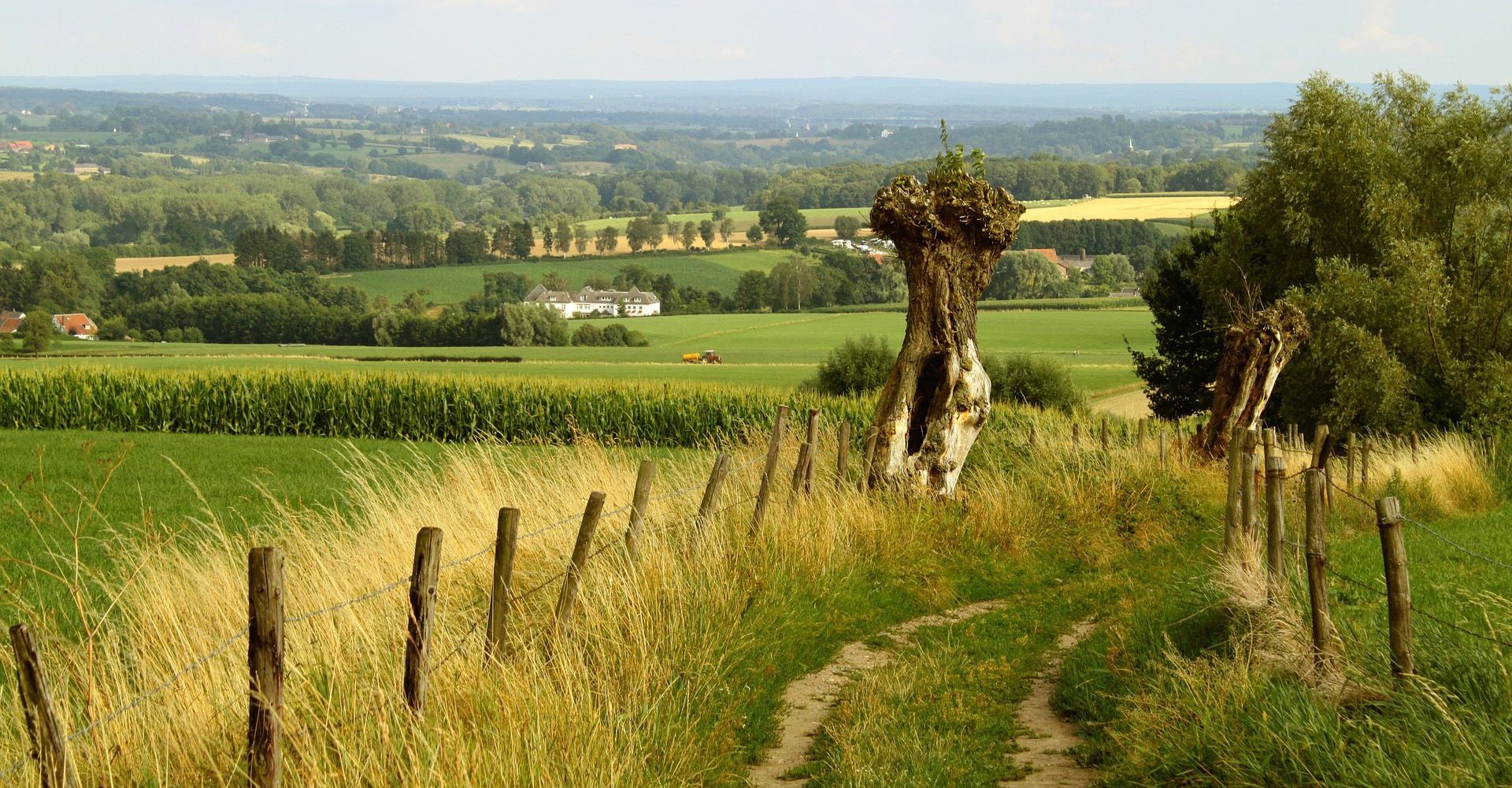
1. Urban and peri-urban areas
By 2030, 120.000 hectares of urban and peri-urban areas are net-positive for biodiversity.
2. Buildings and infrastructures
By 2030, 1.500 buildings and 20% of the urban and peri-urban infrastructures are net-positive for biodiversity.
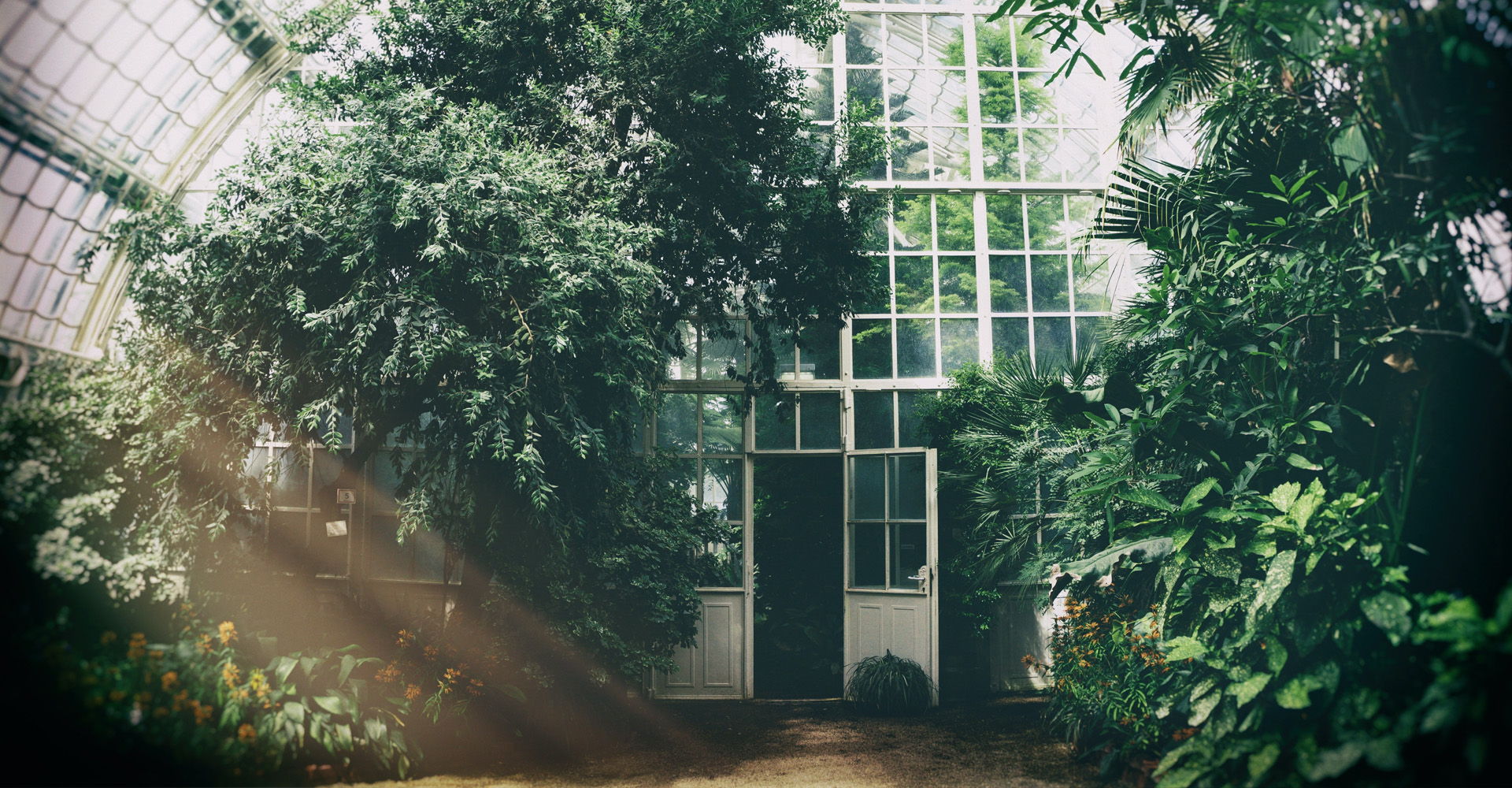
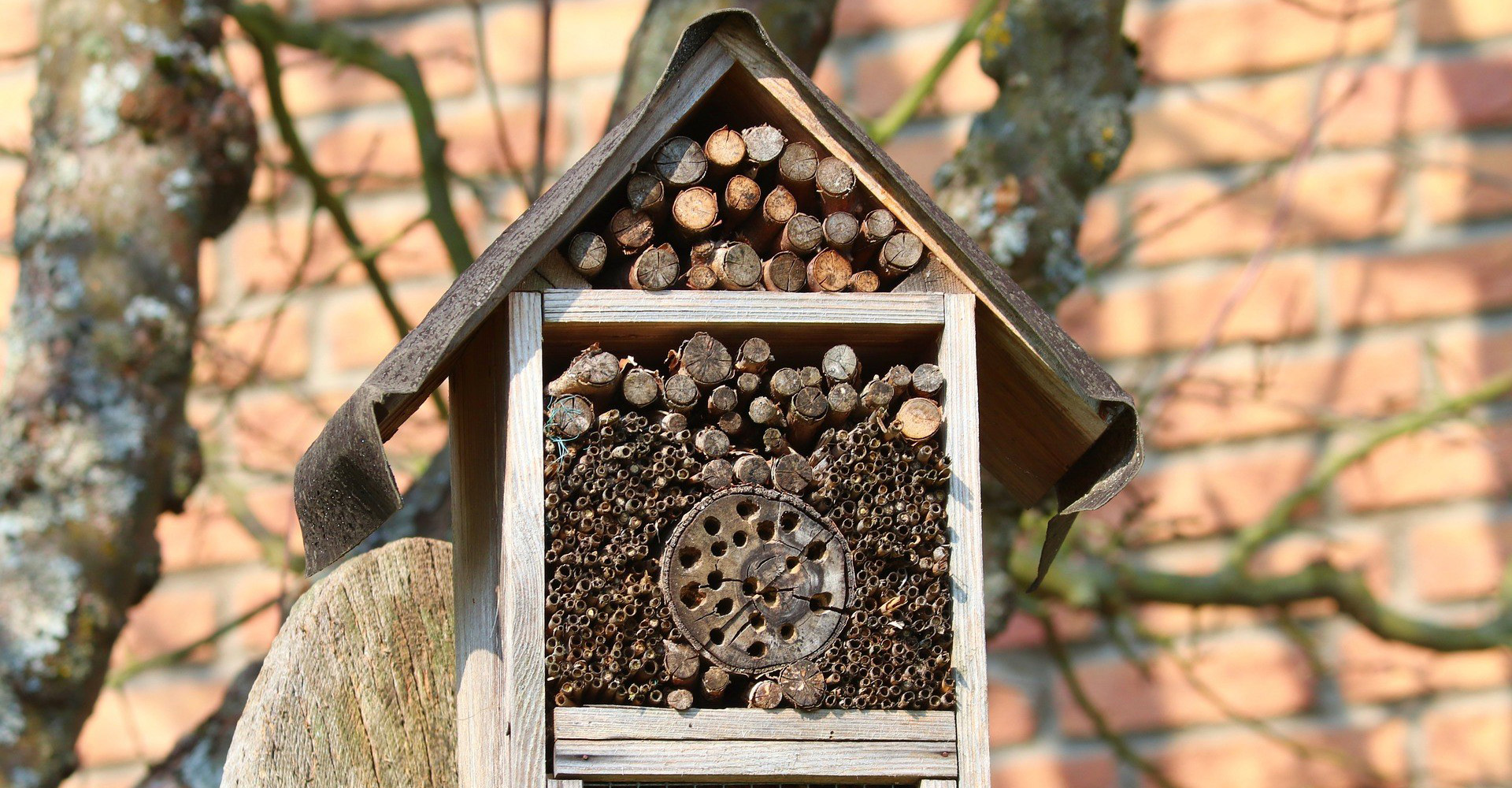
3. Bed & Breakfasts for wild pollinators
By 2030, 2.000 bed & breakfasts for wild pollinators are available in urban and peri-urban areas.
4. Nature-based solutions
By 2030, 1.000 nature-based solutions are applied in urban and peri-urban areas to address in particular water management, soil degradation and climate change adaptation and mitigation.
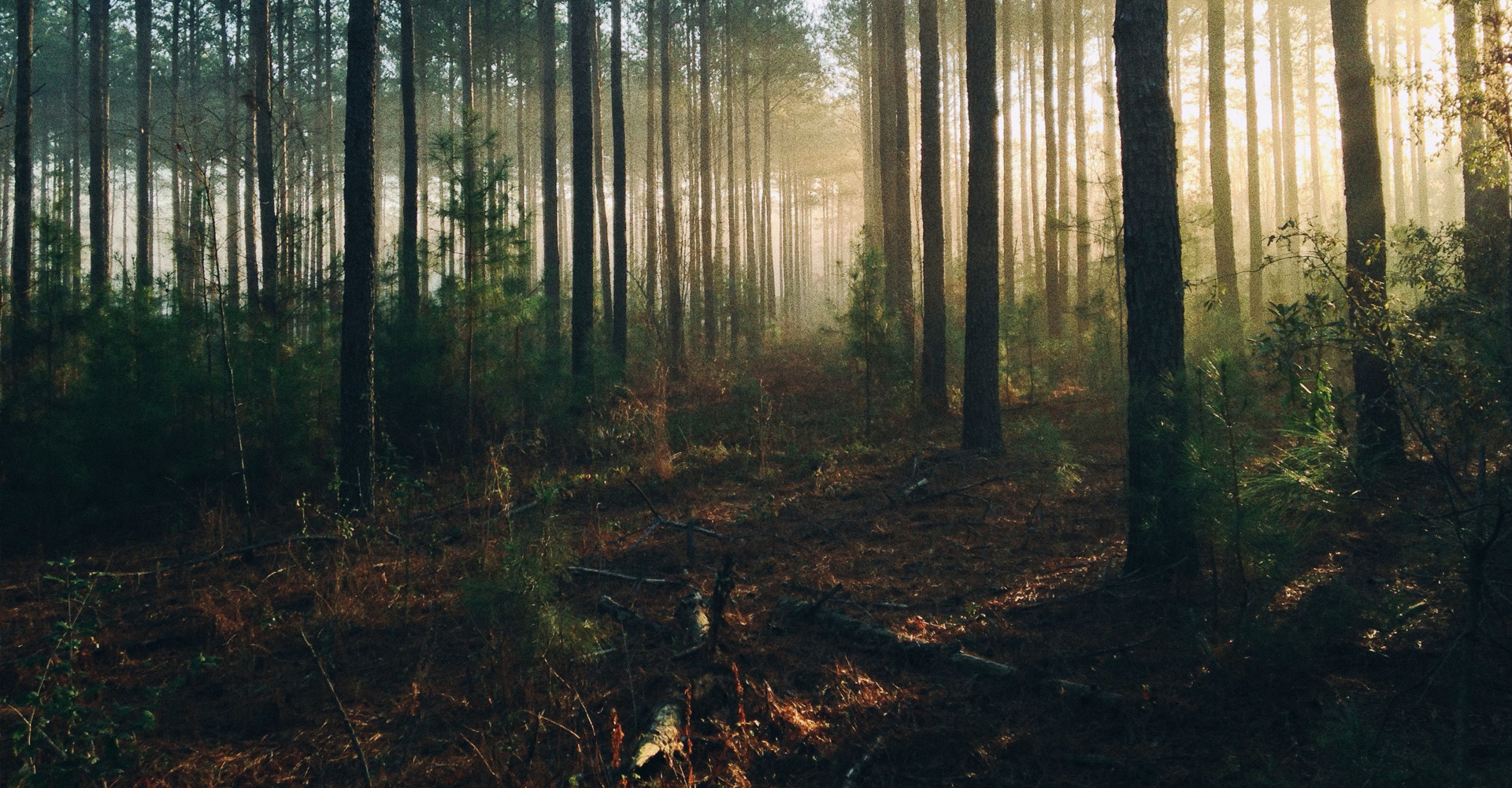
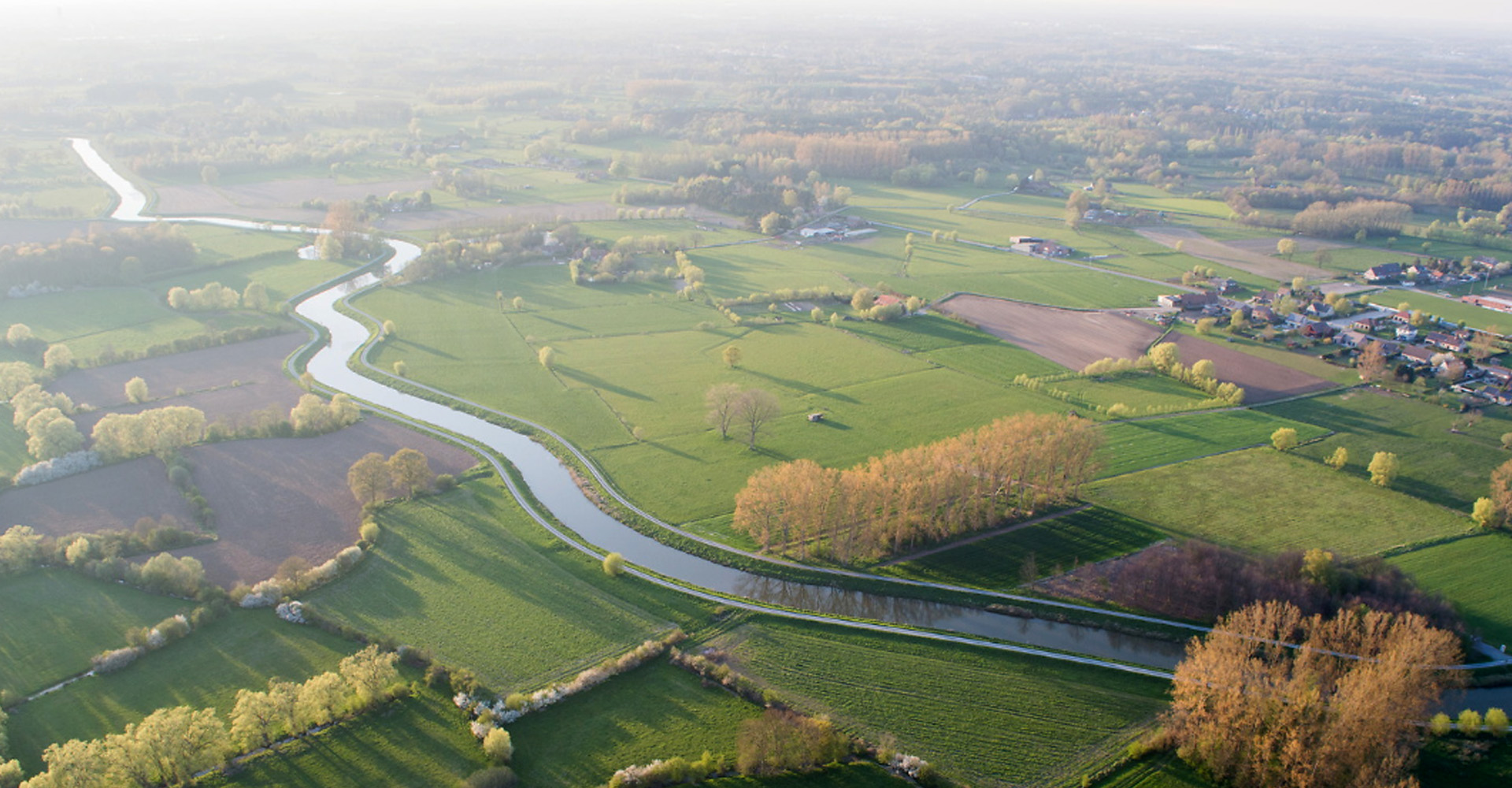
5. Ecological connectivity
By 2030, 4.000 km of linear infrastructures between urban and peri-urban areas and 10.000 km of landscape elements are managed to enhance ecological connectivity across the territory.
AXE 2: Making Belgian production and consumption net-positive for biodiversity
Belgium has a high ecological footprint and a big impact on biodiversity: it is due to its specific production and consumption patterns, high volumes of importations, exportations and transits and its dense population. These production and consumption patterns have an impact on Belgian territory but also abroad, as Belgium is a large importer of commodities and products. This results in loss, fragmentation and degradation of natural habitats and ecosystems – such as forests, savannahs, wetlands, mangroves, rivers, etc. – both nationally and abroad.
It is highly important to change Belgian consumption and production into more biodiversity-positive patterns as well as to account for impacts on biodiversity, in order to enhance the sustainability and resilience of various economic sectors. This shift will also benefit and enhance biodiversity in Belgium and abroad, which in the end will result in co-benefits for all.
The 5 objectives of AXE 2
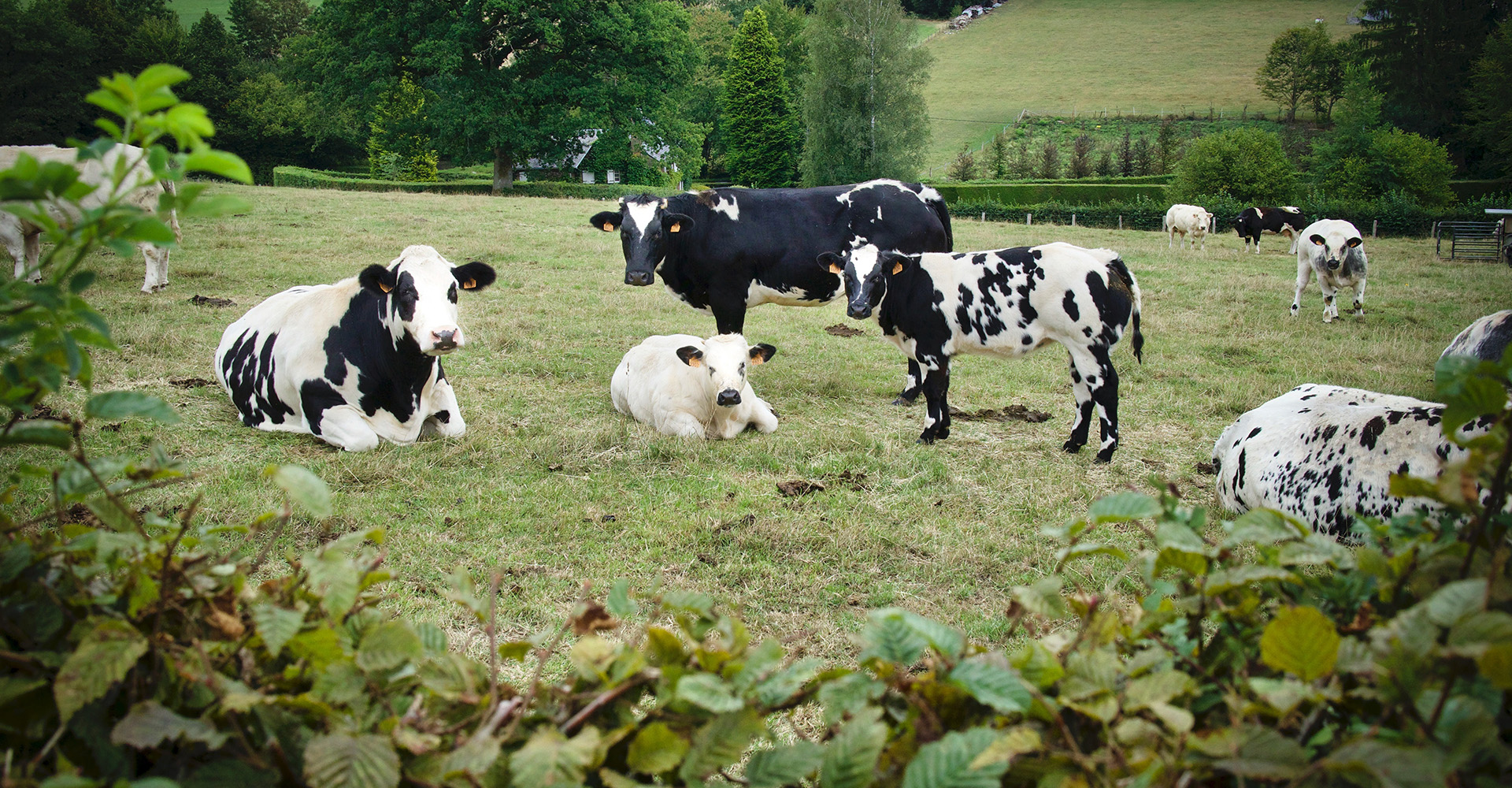
1. Crops and animal products
By 2030, 8.000.000 tons/year of crops and 3.500.000 tons/year of animal products available on the Belgian market are locally produced with at least neutral impact on biodiversity.
2. Primary production areas
By 2030, 500.000 hectares of primary production areas in Belgium have at least a neutral impact on biodiversity.
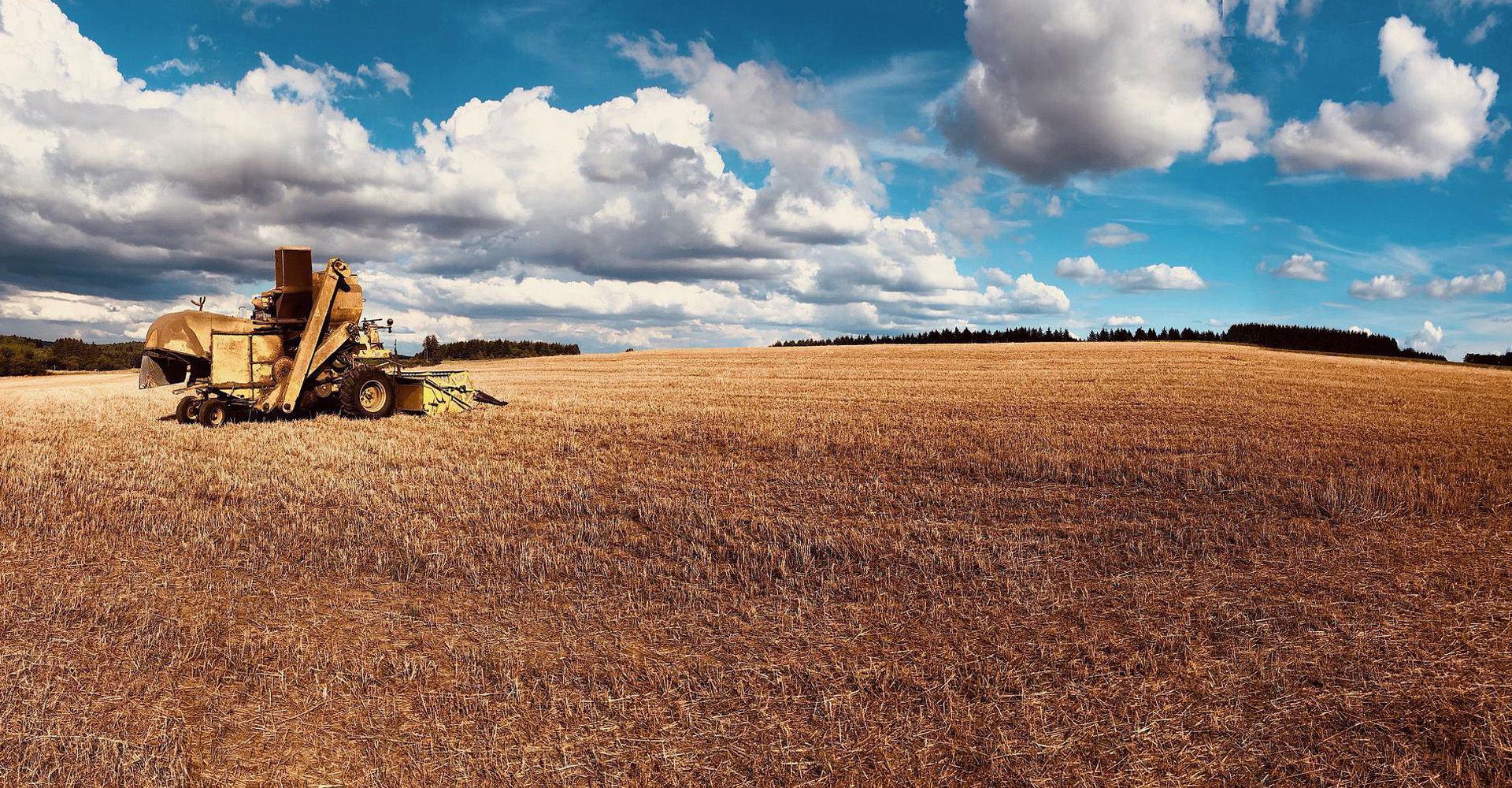
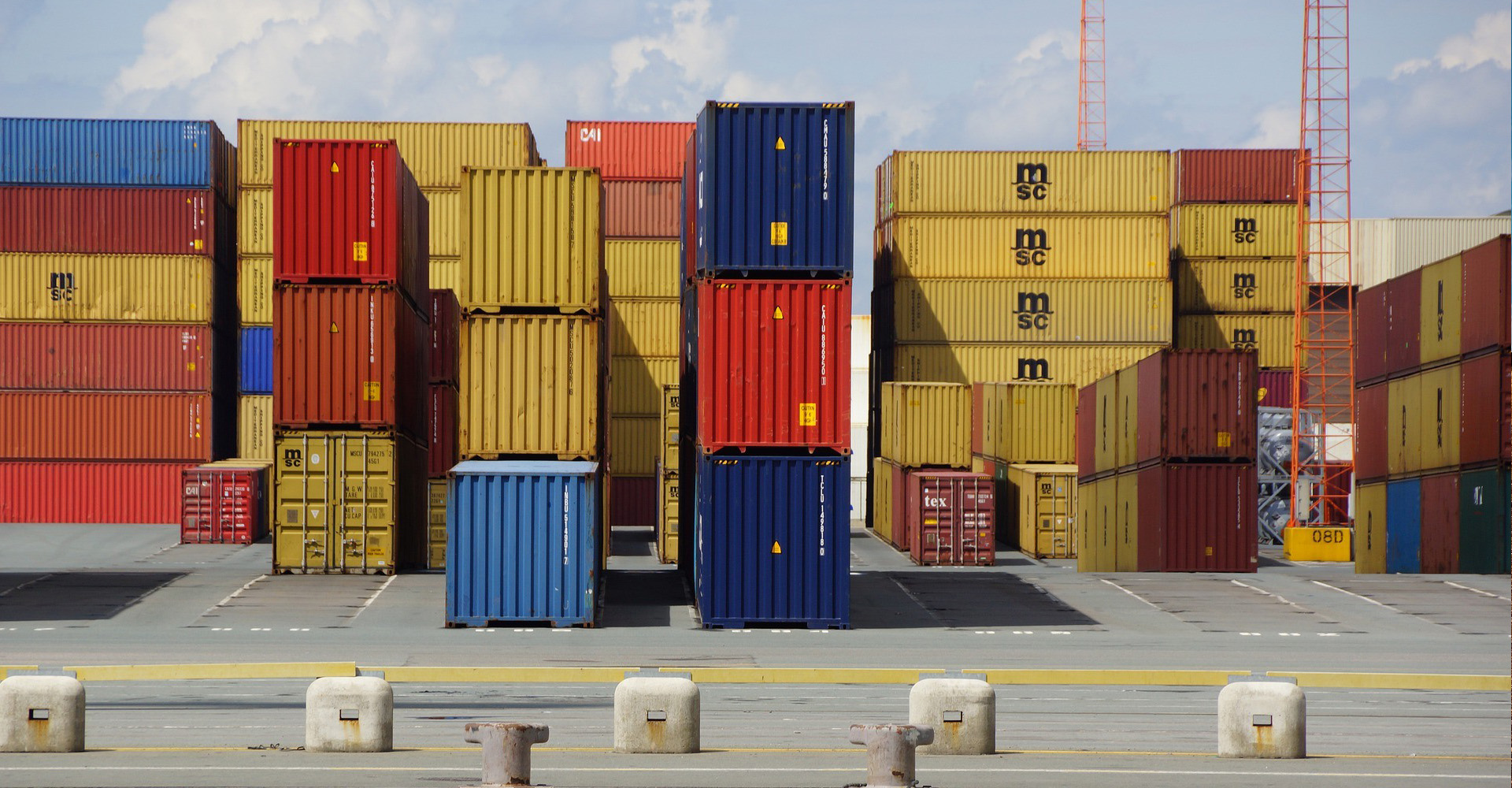
3. Imported primary commodities
By 2030, 38.500.000 tons/year of imported primary commodities in Belgium have at least a neutral impact on biodiversity.
4. Surplus food
By 2030, 435.000 tons/y of surplus food is either consumed, recovered or redistributed.
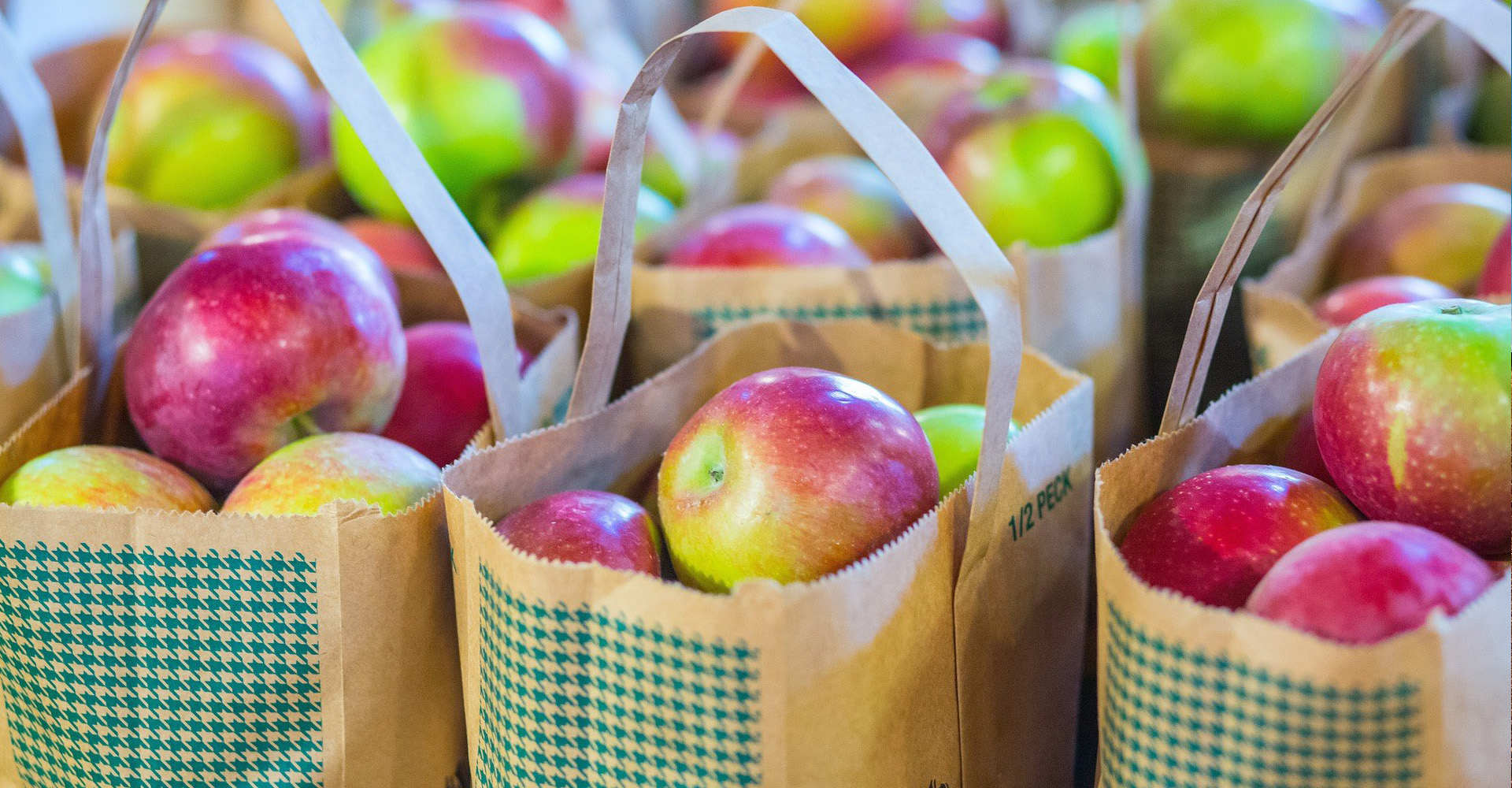

5. Biodiversity-friendly financial flows
By 2030, 150 public and private entities take biodiversity risks and opportunities into account in their strategies and their financial flows are oriented towards biodiversity-friendly projects.
Are you ready to join the movement?
Join us and let's achieve our goals together!

